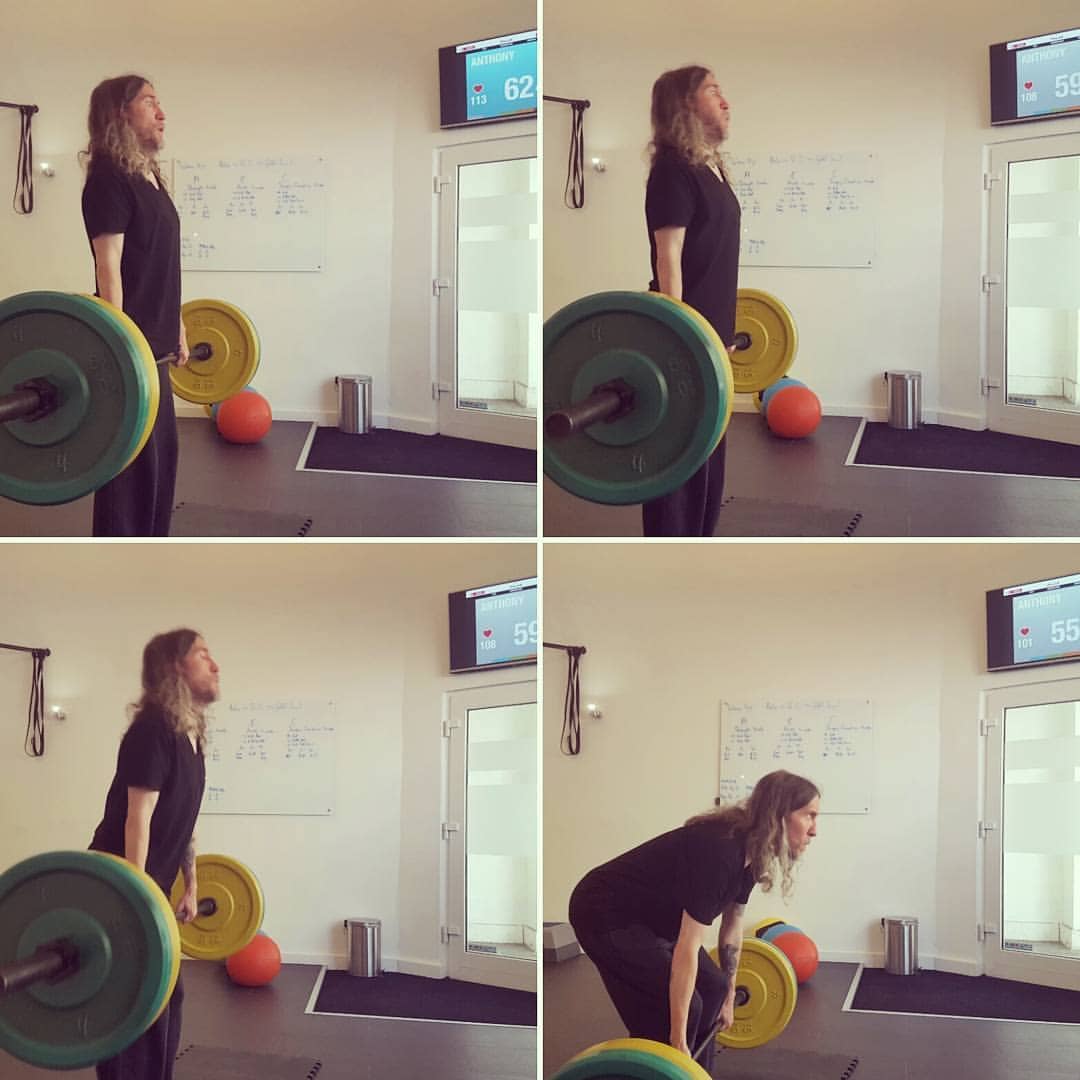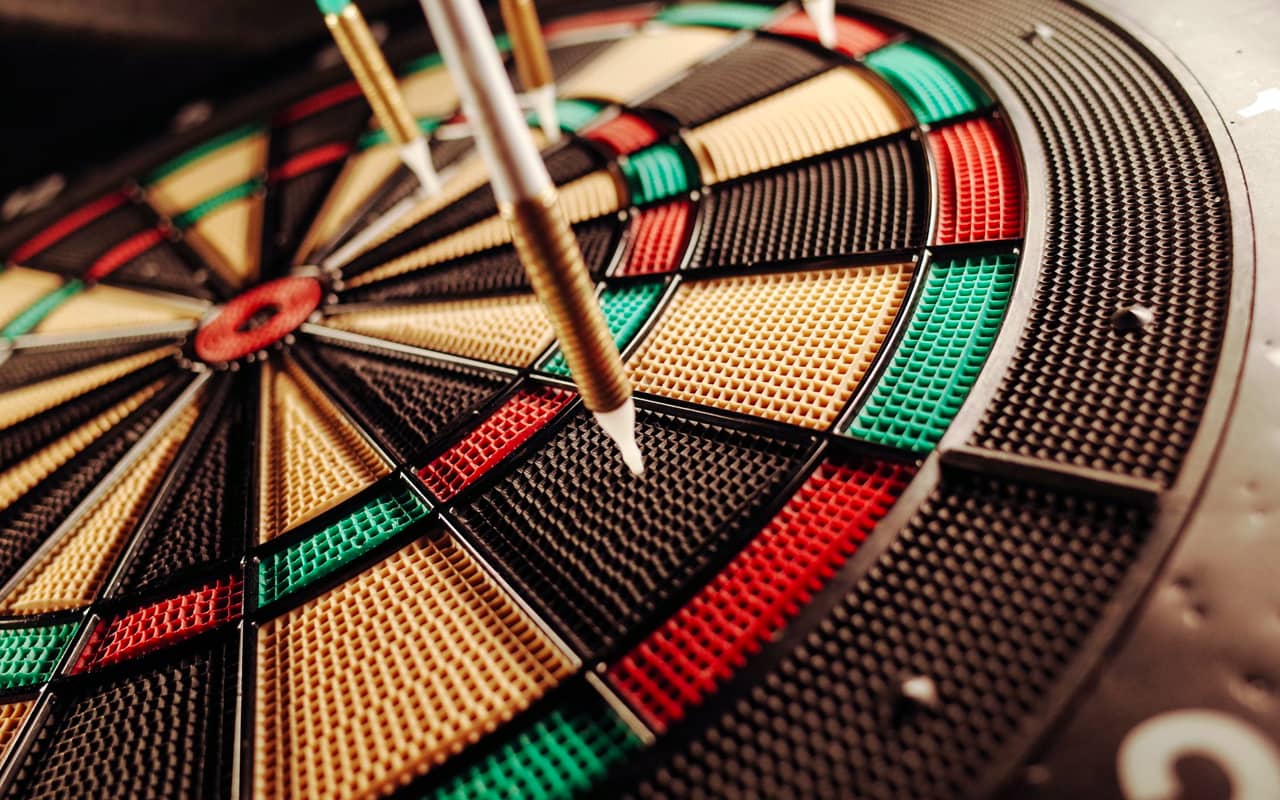 If you want to know how to increase your memory power, you’re in the right place.
If you want to know how to increase your memory power, you’re in the right place.
I’ve been teaching memory improvement for fourteen years because increasing my brain’s ability to store, retain and recall information over time helped me complete my PhD. It also helped me learn German so I could lecture in this language while teaching at the University of Saarland.
In my experience, there are at least three kinds of memory power you want to increase in order to get the best results:
- Short-term memory, which involve holding onto small amounts of information briefly, but accurately (like when you have to dial a phone number).
- Working memory, which helps you manipulate information while solving problems or making decisions.
- Long-term Memory, which helps you recall facts, events and skills, even after long periods of time have passed.
There are more types of memory than that, of course. But when it comes to the immediate goal of increasing the power of your ability to recall information, I suggest you focus on these types first.
Ready to learn how?
Let’s get started!
How To Increase Memory Power: 13 Easy Steps Anyone Can Follow
As we go through this list of highly actionable steps to improving your memory, keep in mind that there’s no specific order of importance.
But all of them are equally important and useful.
So pick one or two to get started with and for best results, keep track of your progress by keeping a memory journal.
One: Keep A Journal Of Your Progress Towards More Memory Power
Why journal?
For one thing, this study shows that journaling on paper will get you better results. The science writer and mnemonist Lynne Kelly agrees and has even shown that we get these benefits related to what is now being called a knowledge gene.
Personally, I journal almost every day. It has helped me remember much more than I ever imagined possible, especially when it comes to successfully getting my writing in front of millions of readers all these years.
Without journaling, I doubt I would have learned so much about memory science. Nor would I be able to speak about it in a way that many people take seriously.
And in my view, being taken seriously thanks to your memory power should be your number one priority. Journaling can help get you there.
Two: “Define Memory Power”
It’s fine and dandy for me to tell you my definition of better memory. But you also need to reflect on your own goals.
To do that, go ahead and get out a piece of paper. Then, without thinking about it too much, write down everything that comes to mind related to your personal concept of memory power.
If you like, you can also create a mind map. Mind maps are great because they free you from many aspects of linear thinking and let you see different connections that normally go unnoticed.
Here’s a simple mind I created to help get at my definition of what memory power ultimately leads to:

* Memorize facts (including memory statistics)
* Memorize math & numbers
* Helping others do the same
* Feel great
* Recall anything
* Experience no stress during the memorization using relaxation
Three: Eat Foods That Boost Memory Power
Scientists have drawn clear links between foods that improve memory and those that harm it.
One of the most detailed studies I’m aware of has found not only that your memory is at stake. How you eat now will also likely effect the brain health of your children.
I used journaling to get insight on what foods gave me brain fog. I then started to use elimination dieting and rotation diets to work out the best possible diet.
My memory has been much better since. If you’d like more detail, I share more in this video and in The Victorious Mind:
Four: Sleep Properly
People tend to underestimate just how important sleep is for memory.
Not much more needs to be said about the point. But I can share that when I memorized my TEDx Talk, I made sure that I was as well-rested as possible.
That’s because sleep directly affects all of the levels of memory we discussed above. I needed short-term memory to help memorize it in the first place, long-term memory so I could recite it and working memory to solve a problem that arose while delivering it.
Without taking care of my sleep, I would have risked making a major error.
In terms of how I got to sleep during that period, it was quite simple. I made sure there were no mobile phones, computers or televisions in my room. I stayed in bed even if I woke up early and I used concentration meditation routines to give myself additional layers of rest.
Five: Plenty Of Exercise
According to the Harvard Health Letter, exercise literally changes the brain, something we sometimes call rewiring.
As a result, both memory and thinking improve.
I noticed this several years ago when I hired a personal trainer in Berlin. I had never performed a dead lift in my life up until that point, but I started to notice that my thinking got sharper.

Scientists have also found that strength training helps protect your brain from degenerating.
So if you’re not exercising, I highly recommend it for the sake of increased memory power. And the continued life of your brain.
Six: Use Memory Techniques
There are literally thousands of memory techniques. And hundreds of people, if not thousands are out there teaching them.
To help you navigate the vast world of memory training, I’ve created the Memory Training Consumer Awareness Guide. It will help you make an informed decision when choosing a memory course that’s right for you.
Not into courses?
No worries. I’ve also unearthed some of my favorite Memory Palace books for you. The more of them you read, the more informed you’ll be when using mnemonics.
Seven: Set Specific Learning Goals & Targets
Every body has heard of SMART goals. To quote from the Wikipedia entry, SMART goals are:
Specific – target a specific area for improvement.
Measurable – quantify or at least suggest an indicator of progress.
Assignable – specify who will do it.
Realistic – state what results can realistically be achieved, given available resources.
Time-related – specify when the result(s) can be achieved.
On the final note, it is often suggested that you add a deadline.
However, the extent to which deadlines matter (or any of the SMART goal conditions matter) is entirely up to you. In truth, even just writing out a simple learning goal is better than nothing. The more you can specify the conditions of the goal within a formal learning cycle, the better.
Eight: Manage Your Stress
The link between stress and memory is clear: if you’re stressed out, your memory plummets.
There are many ways to manage stress, including the dietary and exercise tips we’ve already covered.
You can go through guided visualizations or in some cases explore certain memory-friendly teas and herbs that reduce anxiety.
Nine: Take Care Around Memory Supplements
A lot of people experiment with memory supplements, especially when trying to maintain memory power during aging.
They might help you, but take care that you don’t create interactions that wind up causing mental confusion.
Always see a doctor first. Chances are just drinking more water will help more than most supplements, something highlighted by this study and this one.
I personally keep a jug of water and drink liberally throughout the day and it helps with focus and recall much more than any memory supplement I’ve tested. In fact, I’ve taken some supplements that left me feeling dehydrated, failing to strengthen my memory as a result.
Ten: Play Good Brain Games To Improve Memory Power
The market is loaded with all kinds of apps that claim to improve your memory. Sadly, the proof that brain games work is almost entirely absent.
That doesn’t mean there aren’t good ones to play, however.
The first step is to think about what type of memory you want to improve? Short-term, long-term or working memory?
Once you have the answer, check out this list of brain games that are actually worth playing.
Then supplement with these brain exercises and neurobic exercises.
Plus, if you’re really interested in games that improve memory, keep following my work. About once a year I hold a session of my memory improvement game, Memory Detective. Here’s a bit of info about it:
Eleven: Keep Learning New Skills
One of the best ways to keep your memory power growing is to continually learn new skills.
For example, I’m currently learning a ton about acquiring real estate. I can literally feel it stretching my brain, especially as I memorize various legal terms.
Skills that you might learn include everything from speaking a new language, playing a musical instrument or studying a topic area in-depth.
The more you continually learn, the more you’ll strengthen your memory and cognitive abilties.
Twelve: Interact Socially
The Internet is awesome. No one is denying that.
However, too much online exposure can affect your dopamine levels and cause digital amnesia. It can also lead you to spending way more time alone than is healthy.
Make no mistake. Researchers have shown that people who spend ample amounts of time with others enjoy better episodic memory in particular.
Personally, if I had to choose just one kind of memory to preserve, episodic memory would be the one I’d choose. That’s because autobiographical memory would likely come along with it.
That means, you’ll prerserve your sense of self and your life story.
Thirteen: Visualize Daily
According to this study, visualization helps consolidate your memories.
Visualization exercises also help when using mnemonics, especially those based around mnemonic images and the Memory Palace technique.
Exactly how you visualize is up to you.
A typical exercise I do almost every day apart from using Memory Palaces for language learning is called “color breathing.”
Briefly, as I breathe in, I imagine the oxygen is white. Then, I imagine that the air I exhalate is black. Finally, I will imagine different colors, such as red and blue.
Combined, this exercise gives me more focus, concentration and exercises my procedural memory simply by showing up to do it.
You Really Can Increase Your Memory Power
Frankly, there are many other recommendations I could make.
For example, studying the science of memory retention helps a lot of people. They become more intimately familiar what memory is and start to treat it better as a result.
It’s also possible to go much deeper into the relationship between music and memory. Or we could talk about reading and writing at length.
But I believe the list above is more than sufficient to give you incredible boosts in your memory in a short period of time.
If you want to see results even quicker, grab my free course:
It gives you four free videos and three worksheets that are fun and easy to complete.
As you complete it, you’ll exercise your memory. This in itself will start to boost its power.
Beyond that, focus on your diet, exercise and as many aspects of physical health as you can.
Visualization, mnemonics and brain games can only get you so far.
The ultimate key is to lead a brain-healthy lifestyle.
When you do that, your memory will follow, providing you with lasting cognitive health and resilience.
Make it happen!
Related Posts
- Memory Improvement Techniques For Kids
You're never too young to get started with memory techniques







2 Responses
Lots of detailed material to work with here. And some “food for thought.” Looks like I’ve got some homework.
Kathy
Thanks for this, Kathy. Let me know if you have any questions as you explore. Would love to help. 🙂